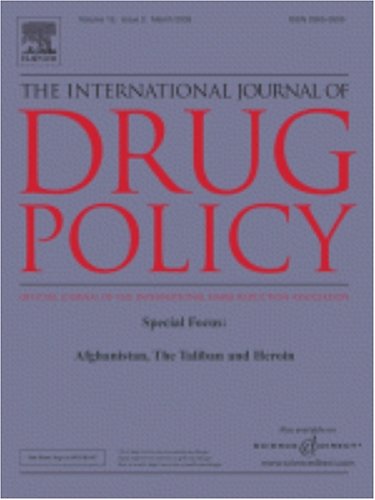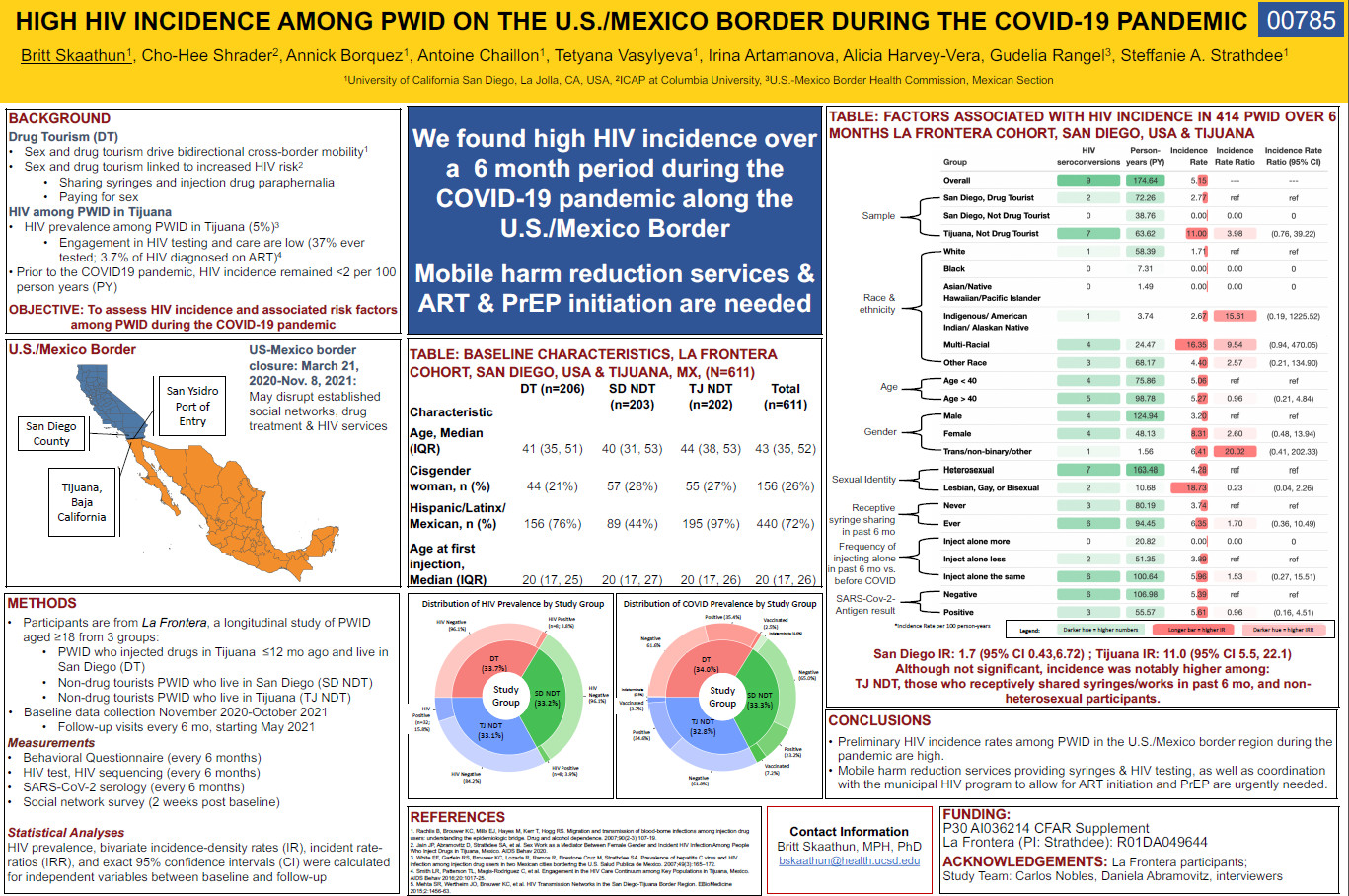Resum
Research increasingly recognizes the importance of social and built environments in shaping health, including risks for and outcomes related to HIV and sexually transmitted infections (STI), but research on sex work venues is limited. We use latent class analysis to identify patterns of sex work venue characteristics and factors associated with class membership in two México-US border cities. Among 603 female sex workers (FSW), three classes of sex work venues were identified: low, medium, and high disorder venues, characterized by level of violence, policing and drug activity. In multivariable analysis, risk exposures and outcomes varied by class, suggesting the need for place-based interventions that are tailored to specific venue profiles and that promote FSW health and safety in the workplace.






